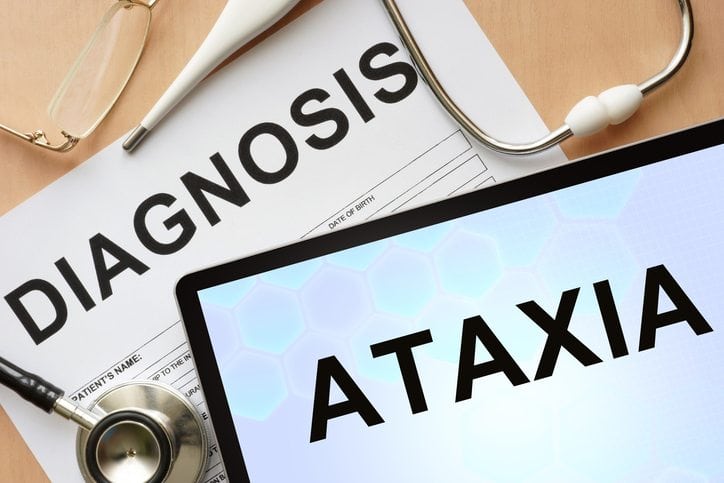<< Back
What is Ataxia?

April 26, 2018
Ataxia is a general term for a class of movement disorders. There is no cure for ataxia, but there are treatments, according to Dr. Duarte Machado, co-director of the Hartford HealthCare Ayer Neuroscience Chase Family Movement Disorders Center.
Q: What is ataxia?
A: Ataxia is a degenerative disease of the nervous system, specifically of the part of the brain called the cerebellum, which is responsible for coordinating movement. Ataxia is a disease that affects people of all ages. Age of symptom-onset can vary widely, from childhood to late adulthood. Ataxia is an umbrella term used to classify a group of diseases that include spinocerebellar ataxias, for example.
Q: What are the symptoms?
A: Common symptoms of ataxia include lack of coordination, slurred speech, trouble eating and swallowing, eye-movement abnormalities, deterioration of fine motor skills, difficulty walking, gait abnormalities and tremors. Symptoms vary by person and type of ataxia. Symptom onset and progression vary as well. Symptoms may worsen slowly, over decades – or quickly, over mere months. Individuals with ataxia often require the use of wheelchairs, walkers and/or scooters to aid in their mobility.
Q: What type of treatment do you offer at the Chase Family Movement Disorders Center for this condition?
A: Treating ataxia requires an individualized approach, and so I work closely to develop a plan to both diagnose the type of ataxia that an individual has as well as address the symptoms of ataxia. Speech and language therapy, occupational therapy and physical therapy are common treatment options and all are available on site at the Chase Family Movement Disorders Center. These treatments are often used in conjunction with medication therapy to help manage symptoms.
Connect with the newly formed ataxia support group — the first of its kind in Connecticut. The inaugural meeting is open to both patients and family members. It takes place on Friday, May 25, at 11 a.m. at the Chase Family Movement Disorders Center Community Wellness and Education Room in Vernon. For more information, call 1.855.HHC.HERE (1.855.442.4373).